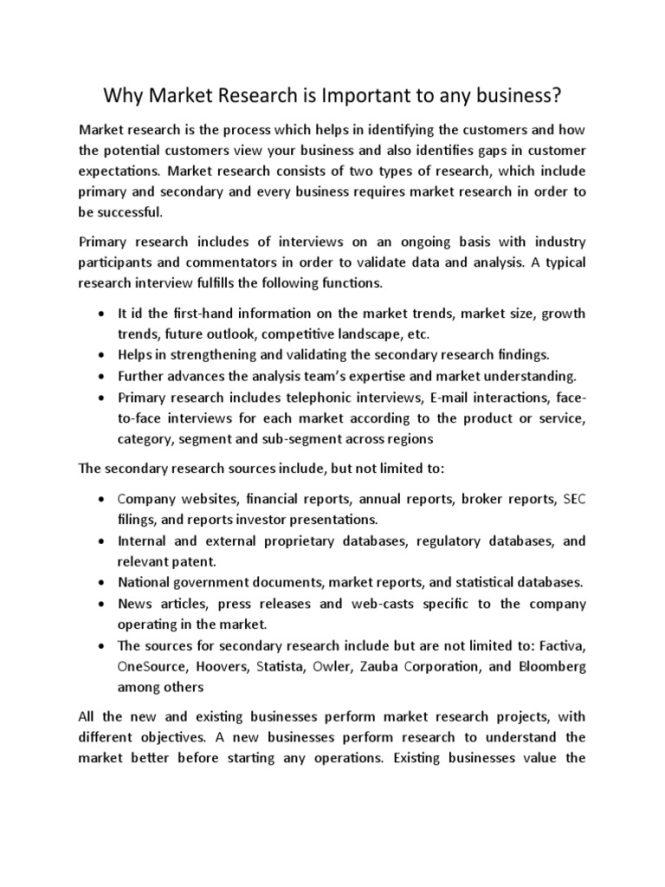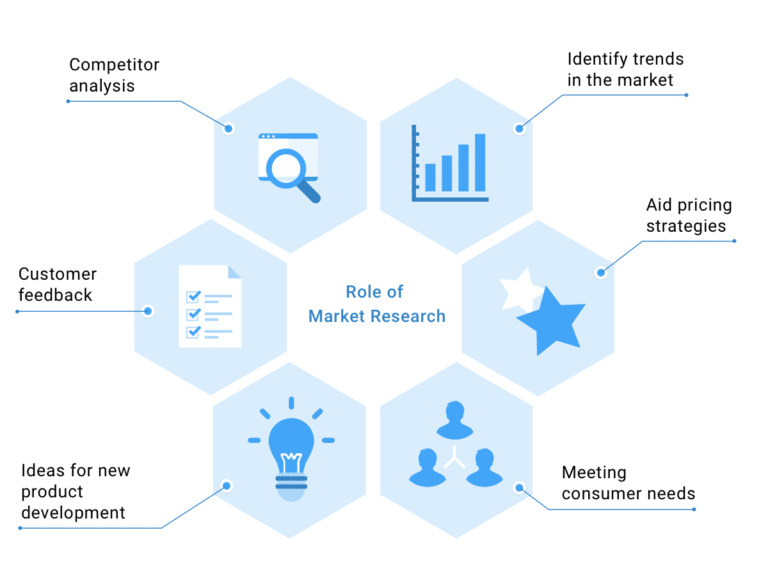

International market research is the cornerstone of global business expansion and success. Imagine meticulously analyzing market trends, understanding cultural nuances, and proactively mitigating risks before entering a foreign market. This is the power of thorough research. International market research involves the systematic collection and analysis of data related to specific international markets to determine the viability of a new international business venture or the expansion of an existing one. Today’s globalized business environment demands a deep understanding of various markets, their dynamics, and competitive landscapes. Many businesses encounter significant challenges when venturing into international markets without adequate research. A comprehensive and actionable research process can reveal hidden risks, untapped opportunities, and specific competitive dynamics in each target market. This article explores the significance of international market research and analysis, providing actionable strategies for businesses aiming for global expansion.
Understanding the Fundamentals of International Market Research
Defining International Market Research
International market research is a systematic investigation of specific international markets to assess their suitability for new ventures or expansions. It encompasses a wide range of activities, from analyzing economic indicators and cultural trends to evaluating competitor landscapes and consumer preferences. A well-executed international market research project can provide a detailed understanding of potential market sizes, growth projections, and competitive landscapes. For example, a company exploring opportunities in the Chinese market might analyze GDP growth, consumer spending habits, and the prevalence of online shopping to better understand the market potential.
Identifying the Importance of Market Research
Effective market research is paramount for successful global expansion. Without a strong understanding of target markets, businesses risk misallocating resources, facing unexpected challenges, and ultimately failing in their international endeavors. Businesses considering international expansion should conduct comprehensive market research that incorporates factors like economic stability, political risks, and regulatory environments. Understanding these factors is crucial for making informed decisions and reducing potential financial losses or reputation damage. Research helps identify key opportunities and provides valuable insight into the competitive landscape.
Common Challenges in International Market Research
One major obstacle is effectively bridging cultural nuances and linguistic barriers. Cultural differences significantly influence consumer behavior and preferences. For example, a marketing campaign successful in one country might be entirely ineffective in another due to cultural disparities. Additionally, accessing reliable and accurate data within a specific international market can be challenging. Data collection methods such as surveys, focus groups, and interviews can be resource intensive and require careful planning and execution.
Strategies for Conducting Effective International Market Research
Utilizing Various Data Collection Methods
Businesses can use a variety of data collection methods, including surveys, focus groups, interviews, and observations, to gather valuable insights about a target international market. For instance, surveys can be designed to identify key consumer segments and their preferences, whereas focus groups can offer deeper insights into consumer motivations and buying decisions. Secondary data sources, such as government reports, industry publications, and market research reports, can also be leveraged to enhance the understanding of the market. Qualitative research techniques, such as interviews and focus groups, offer nuanced perspectives, providing valuable contextual information. Businesses can leverage data visualization to display data clearly, making it easier to comprehend complex information.
Analyzing Key Market Trends
Examining current market trends and predicting future developments within the target market are crucial. For example, understanding emerging technological advancements or shifting consumer preferences can help businesses anticipate market shifts and adapt their strategies accordingly. Businesses need to consider economic conditions, such as inflation rates and interest rates, and how these might affect their international expansion plans. Analyzing economic indicators can significantly impact strategic decision-making.
Assessing the Competitive Landscape
Examining competitor strengths and weaknesses is essential to determine a company’s competitive position and develop effective strategies. For example, identifying competitor pricing models, product offerings, and marketing strategies can help a business develop a unique selling proposition that differentiates itself in the target market. Analyzing competitor strategies can help identify strengths and weaknesses, and develop more effective strategies.
The Importance of Cultural Considerations in International Market Research
Recognizing Cultural Nuances
Cultural differences can significantly impact consumer behavior and preferences. A marketing campaign successful in one culture might be ineffective in another due to variations in values, beliefs, and communication styles. For example, understanding cultural norms around gift-giving, communication styles, or personal space is critical to tailoring your marketing strategy.
Adaptation for Local Markets
Adapting products, services, and marketing strategies to suit local preferences is often crucial for success in a new market. Localization efforts, such as translating marketing materials or adapting product features to local needs, are critical for successful global expansion. For instance, a food company selling snacks in a new market might need to adapt ingredient lists to meet local dietary restrictions.
Leveraging Cultural Insights
Understanding the historical and social context of a market is critical for accurate and effective market research. Understanding the cultural values, norms, and beliefs of consumers in the target market can significantly affect how a product or service is positioned, marketed, and presented. This can lead to significantly improved outcomes in the market.
Using Data Analysis Tools to Gain Insights
Utilizing Statistical Techniques
Statistical analysis tools and techniques can be extremely useful in processing and interpreting the collected data. This can help in identifying trends, patterns, and key insights that might be missed with a simple review of collected data. Statistical tools provide greater accuracy in data analysis and interpreting complex data.
Implementing Predictive Modeling
Predictive modeling techniques can be used to forecast future market trends. This can help businesses anticipate challenges and opportunities, enabling them to make well-informed decisions for their international strategy. Using predictive models will help identify likely outcomes based on trends and patterns.
Data Visualization for Understanding
Data visualization tools can effectively communicate the findings of a market research analysis. This can help the business understand and identify key insights, offering a clear view of collected data for better decision-making.
Real-World Examples of Successful International Market Research
Case Study 1: A Clothing Brand
A clothing brand, expanding into Europe, conducted international market research focused on consumer preferences and trends across various European countries. The research identified specific style preferences in each nation and helped the company tailor their designs and marketing efforts for better outcomes. For example, a specific style was particularly popular in Spain, allowing the brand to focus marketing efforts and adjust designs for increased consumer appeal.
Case Study 2: A Technology Company
A technology company, planning international expansion in Asia, conducted research into potential market entry strategies. This research uncovered key regulatory factors, competitive advantages, and local distribution channels within the market. The research helped the company optimize its marketing strategy and product offerings to better suit consumer demands. For instance, localization efforts and culturally appropriate marketing campaigns were crucial in the company’s success.
Conclusion: International market research is crucial for informed business decisions and a successful global presence. By considering the diverse factors involved, businesses can make strategic decisions that maximize market potential and minimize risks.
Global Market Opportunity Analysis
Identifying Market Gaps
Through international market research, companies can identify market gaps and unmet needs. This helps to understand where they can introduce products or services that are not yet present in a particular international market, potentially filling a niche demand.
Competitive Analysis
Conducting a thorough competitor analysis is crucial for international expansion. International market research helps to understand the strengths and weaknesses of competitors, enabling businesses to differentiate themselves in the global market.
Understanding International Trade Regulations
Understanding and adhering to international trade regulations is essential for success in international markets. Market research helps businesses navigate the complexities of tariffs, quotas, and trade agreements.
Utilizing Market Research Reports
Choosing Reliable Sources
Businesses should utilize reputable and reliable market research reports, industry analysis, and government reports for accurate and in-depth information.
Implementing International Marketing Strategies
Tailoring Communication
Businesses need to adapt marketing materials and communications for different cultures and markets. Research about communication styles and cultural sensitivities is important for creating effective marketing campaigns. For example, local language translation, culturally appropriate imagery, and adapting messaging is critical for success in diverse markets.
Ensuring Ethical Considerations
Transparency
Businesses should ensure transparency in their research processes. This includes ensuring ethical data collection practices, obtaining informed consent, and safeguarding sensitive data.
Frequently Asked Questions
What are the key factors to consider when conducting international market research?
When conducting international market research, you should consider various factors such as economic stability, cultural nuances, political risks, and regulatory environments. Economic indicators, like GDP growth and inflation rates, provide valuable insights. Understanding cultural contexts and communicating effectively across diverse cultures is crucial. Political stability, regulatory frameworks, and legal issues significantly influence business operations. By carefully assessing each factor, businesses can mitigate risks and make well-informed decisions for international expansion.
How can businesses effectively utilize international market research data?
International market research data can be strategically leveraged for various business activities. Utilize the data to identify target markets, understand consumer preferences, and optimize products and services to suit international needs. The data can help refine marketing strategies to better resonate with different cultures and understand competitor landscapes and gain a competitive advantage. This is crucial for developing personalized, cost-effective strategies and achieving higher business goals.
In conclusion, understanding the importance of international market research and analysis is crucial for businesses aiming for success in the global marketplace. Thorough research, including competitor analysis, cultural insights, and economic trends, empowers businesses to make informed decisions, mitigate risks, and capitalize on opportunities. By leveraging these insights, companies can build stronger market strategies, optimize resource allocation, and gain a competitive edge in the international arena. Develop a comprehensive market research plan, consider various data collection methods, and utilize the gathered data to create a competitive edge. Begin your international expansion journey today, and achieve greater success by understanding your global market.